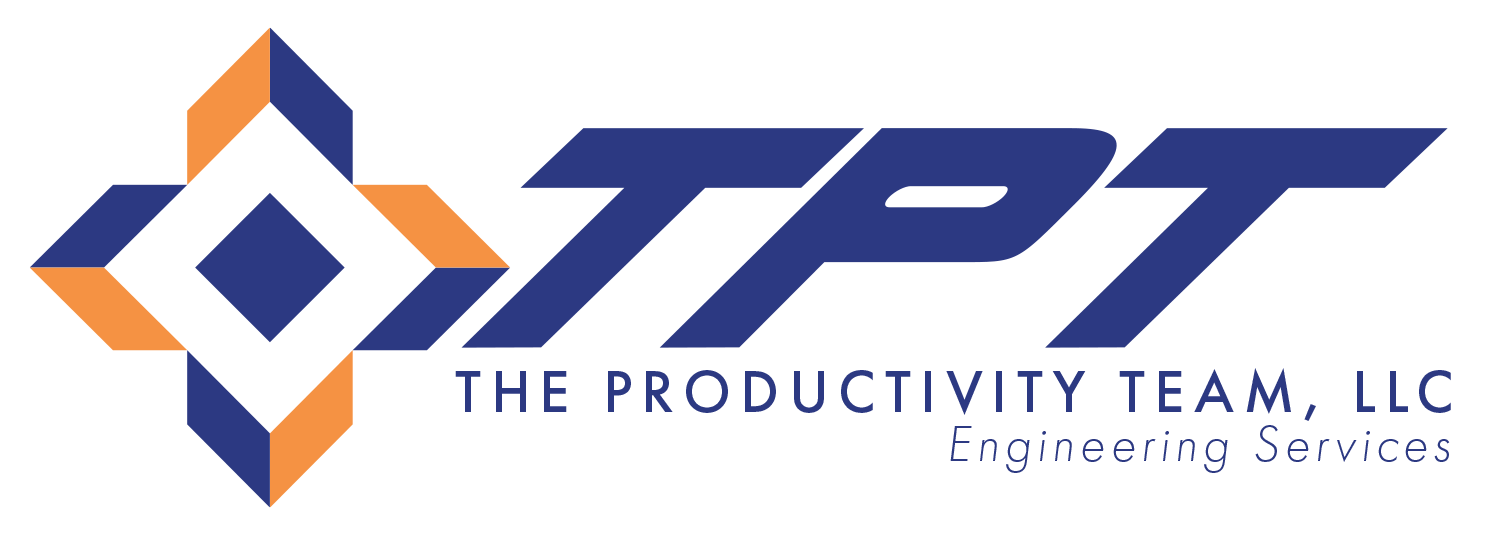In any manufacturing setting, it’s crucial to have a well-oiled machine — quite literally. Every piece of the manufacturing process must work in tandem to create the final product.
Unfortunately, manufacturing is a complex process with many potential points of failure. If one cog in the wheel is missing or broken, the entire process can come to a screeching halt. This is why manufacturing companies must undertake a rigorous due diligence process to ensure that their operations are up to snuff.
But what exactly is operational due diligence, and how can manufacturing companies best go about it? Keep reading to find out.
What Is Operational Due Diligence?
Operational due diligence is the process of assessing a company’s operational capabilities and risks. It is a key component of any investment decision, as it can help identify potential problems that could impact the return on investment.
Manufacturing companies must undertake operational due diligence to identify potential risks that could jeopardize the manufacturing process. Experts that provide manufacturing operational assessment services can help you understand the strengths and weaknesses of your manufacturing process.
What Are the Best Practices for Manufacturing Operational Due Diligence?
There is no one-size-fits-all approach to manufacturing operational due diligence, as the best practices will vary depending on the company’s needs. However, there are some general guidelines that all companies should follow:
Understand Your Manufacturing Process
The first step is to have a clear understanding of your manufacturing process. You should know what goes into making your product and how each step of the process contributes to the final product. This will help you identify potential bottlenecks and make improvements where necessary.
Assess Your Manpower
Your employees are the backbone of your manufacturing operation, so assessing their skills and capabilities is crucial. Do you have the right mix of skilled workers? Identifying any workforce gaps will help you make the necessary changes to ensure that your manufacturing operation is running smoothly.
Evaluate Your Machines
Your machines are another crucial component of your manufacturing process. They must be able to handle the workload, and they must be properly maintained. You should assess the overall effectiveness of your equipment, automation level, set-up time, and maintenance requirements.
Analyze Your Manufacturing Facility and Infrastructure
Your manufacturing facility plays a critical role in the manufacturing process. It must be designed to support your manufacturing operation, and it must be properly equipped and maintained.
When analyzing your facility, consider the efficiency of its HVAC and other systems. You also need to evaluate the layout of the production floor and the condition of the exterior surfaces, roof, and interior.
Assess the Materials You Use
The materials you use in your manufacturing process must meet your quality standards. They must also be compatible with your machines and processes.
You should check the available raw materials and the storage of finished goods. It’s also crucial to ensure the current materials management system is effective.
Hire an Expert in Operational Due Diligence
Manufacturing operational due diligence is an important part of any investment decision. It helps identify potential problems that could impact the return on investment. That’s why you need an expert by your side during this process. The Productivity Team can provide the experts you need to help you with operational due diligence. We offer manufacturing operational assessment services that cover all the above areas, so you don’t leave any stone unturned. If you’re planning to buy, consolidate, or expand your manufacturing footprint, contact us today to learn more about our services.
Contact Us to Learn More About TPT
TPT is the leading provider of facility planning and engineering services. Contact us today to speak with one of our planning and engineering specialists.
